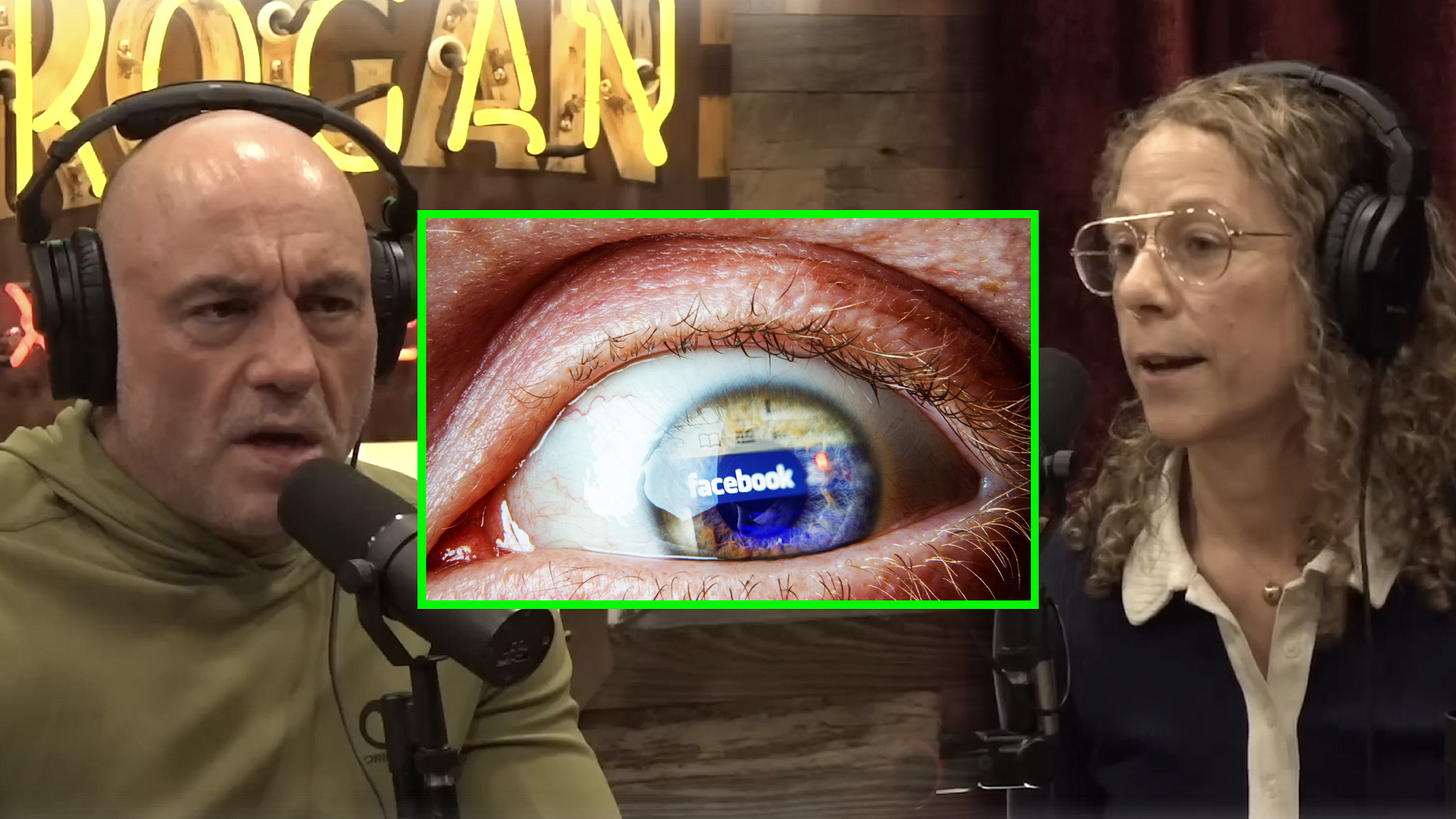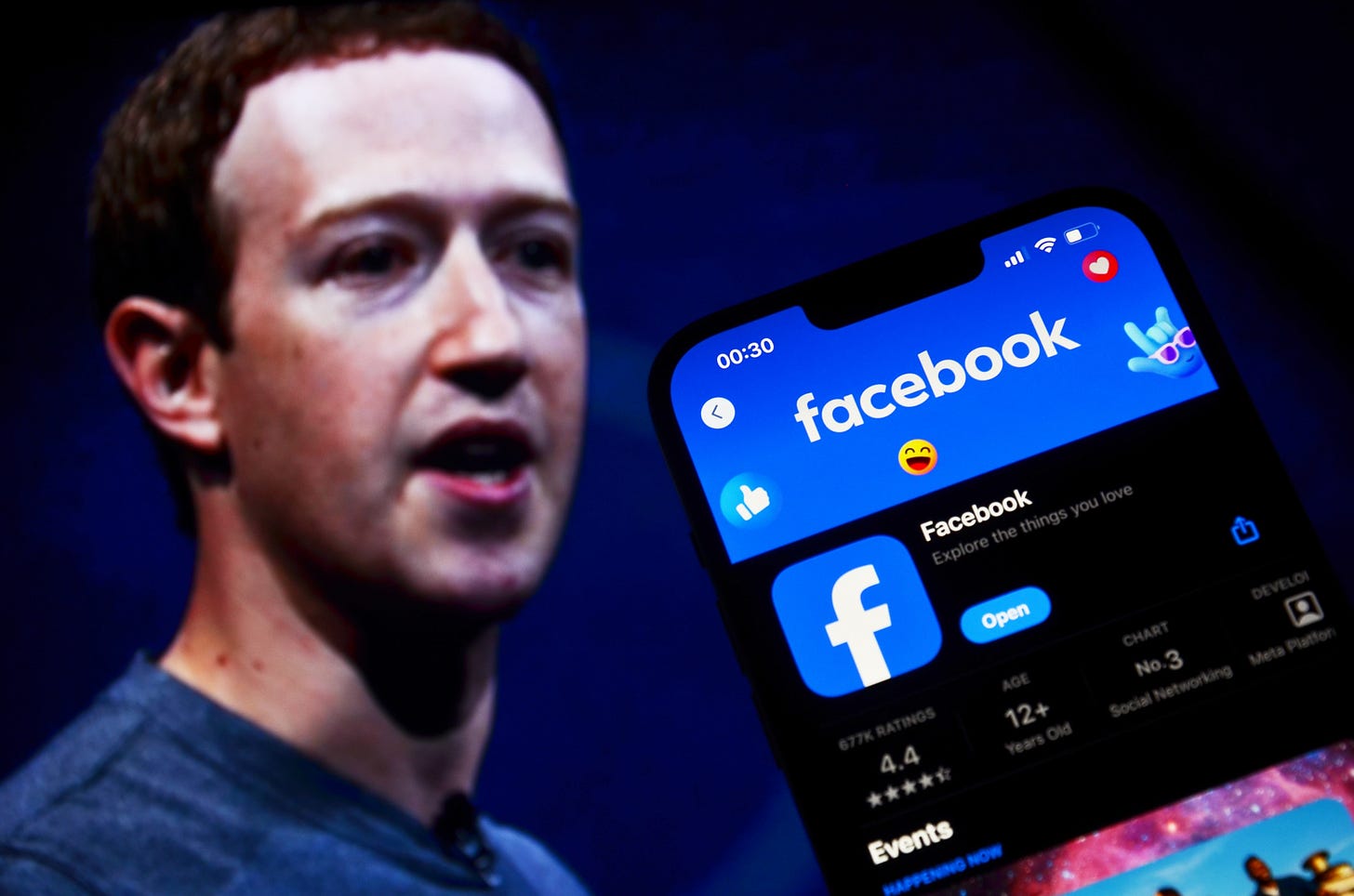

This story originally appeared on vigilantfox.com and was republished with permission.
Joe Rogan sat down with Harvard professor and mind control expert Rebecca Lemov, and it didn’t take long for the conversation to dive into one of his favorite topics: government interference in our digital lives.
Rogan opened the conversation by saying, “There are so many different kinds of mind control.”
“One of the things we’ve talked about a lot on this podcast is, that an enormous percentage of what you’re seeing on social media in terms of interactions and debate is not real. It’s not organic,” he explained.
“It’s state-run and state-funded, and it’s whether it’s foreign governments or our government or even corporations, you’re getting inorganic discourse that’s designed to form a narrative and which is a form of mind control,” he added.
Lemov picked up on that point and took it further. Even when people know something is fake, she explained, our brains still react as if it were real.
“Yeah. I mean, I think even on a basic level, people, it’s known and studies have shown that we respond as if it were organic and real,” she said.
“Even when somebody likes a post of yours, the response is the same as, like, in-person interaction,” she added.
It’s not just governments pulling the strings, she warned. The platforms themselves are designed to influence how we feel.
“I think at the root, there is a kind of way that, on an emotional level, it’s not just manipulation of ideas,” she said, “but there’s a kind of emotional engineering that’s built into the platforms and doesn’t even demand, you know, at first, government involvement.”
Lemov peeled back the curtain on DARPA, the government’s controversial defense research agency, and its hidden role in shaping the digital world we now live in.
DARPA, she revealed, wasn’t just involved in building the internet—it may have helped lay the foundation for emotional manipulation on a global scale.
“DARPA was involved in the development of the internet and of things like pattern recognition,” she said. “The government has funded many, many studies.”
But what concerned her most wasn’t just the technology—it was how that technology is being used.
“What I got interested in, in social media and how I connect it with the episodes of brainwashing—it creates states of emotional contagion that aren’t really about convincing people of a different way to think,” she explained.
She continued, “But more about how you feel about what you think.”
That emotional shift, she said, mirrors the exact tactics used in cults.
“It’s not that it changed my thoughts,” she said. “It’s how I felt about those thoughts.”
That’s when Lemov dropped one of the darkest revelations in Big Tech history—a secret Facebook experiment that quietly manipulated the emotions of nearly 700,000 users.
And the users had no idea it was happening.
“There’s a famous Facebook experiment I read about that took place in 2012 and was published in 2014, where they announce that they’ve achieved, mass emotional contagion at scale,” Lemov told Rogan.
She explained how Facebook altered people’s newsfeeds without their knowledge or consent.
“Whenever you go on the platform, you agree to be tested or AB testing. So this experiment exposed a group to a more—their newsfeed was altered in a negative direction emotionally, as measured by word counting software,” she said.
The results, she added, were deeply unsettling.
“And they discovered that that group that had a negative exposure also responded in a more negative way, as judged through their posts and likes and responses.”
“The group that was exposed to a more positive newsfeed by altering the algorithm then had also a measurably statistically significant effect of more positive emotional response—and the control group was unaltered by this.”
In other words, Facebook wasn’t just studying emotions—they were actively shaping them.
And no one was ever warned.
The full scope of the experiment didn’t come to light until two years later, when researchers finally admitted what they had done.
Facebook’s data scientists had quietly manipulated the feeds of 689,003 users—removing either all the positive posts or all the negative ones to observe the emotional fallout.
If your newsfeed felt unusually bleak or suspiciously upbeat in January 2012, there’s a chance you were part of it—and never knew.
The team behind the study, led by data scientist Adam Kramer, eventually published their findings in a scientific journal and spelled out the results in cold, clinical detail:
“When positive expressions were reduced, people produced fewer positive posts and more negative posts; when negative expressions were reduced, the opposite pattern occurred,” the paper said.
It was undeniable proof: emotions are contagious—and social media could be weaponized to manipulate mood at scale.
The experiment lasted just one week, but for those caught in the algorithm’s net, the emotional ripple effects may have lingered far longer.

Things took a disturbing turn after Lemov explained that when the experiment was finally made public, the backlash was immediate—and in some cases, heartbreaking.
She recalled one particularly chilling response from a user who reached out directly to the research team.
“And on the Facebook page of the research group that did the experiment, at least one user wrote in saying, ‘Could I ever find out if I was in that experiment? Because I was in the emergency room at that time with, you know, threatening to commit suicide, and I want to know if my feed was altered and maybe that pushed me over into that state.”
But there was no way to trace it.
“Of course, they could never know, and it can’t be traced backwards. And other people had a similar response,” Lemov said.
The revelations were serious enough to spark an investigation by the British government, which considered sanctions due to the international reach of the experiment.
“And there was even an investigation by the British government about whether this should be sanctioned because it affected users internationally,” she added.
But in the end, no one was held accountable.
“Ultimately, there doesn’t seem to have been any sanctions that came out of in anyone associated with it,” she said.
No punishment. No warnings. No transparency.
And the question still hangs in the air: how many more experiments are happening right now, hidden in plain sight?
Find more stories like this at VigilantFox.com
Watch the full conversation below:
The post Joe Rogan Guest Reveals Facebook’s Secret Experiment That Manipulated 700,000 Users Without Warning appeared first on The Gateway Pundit.